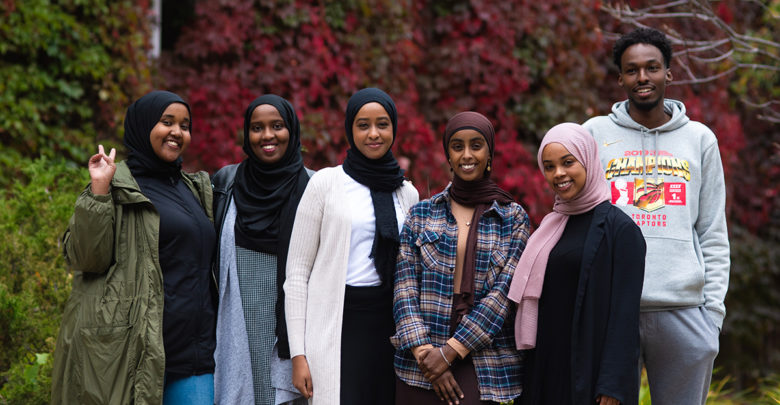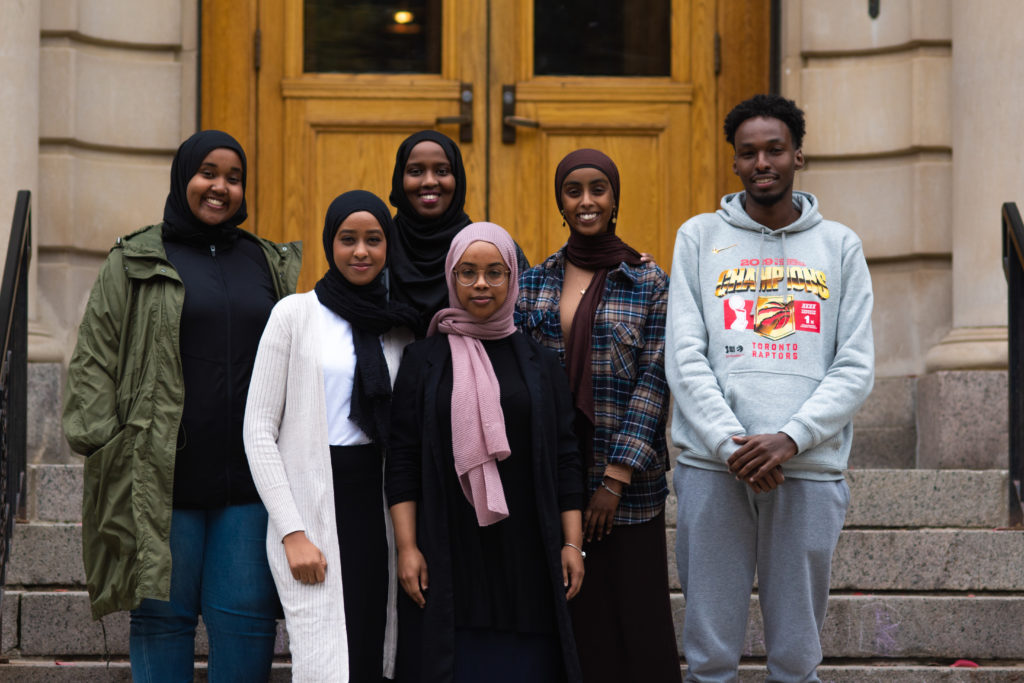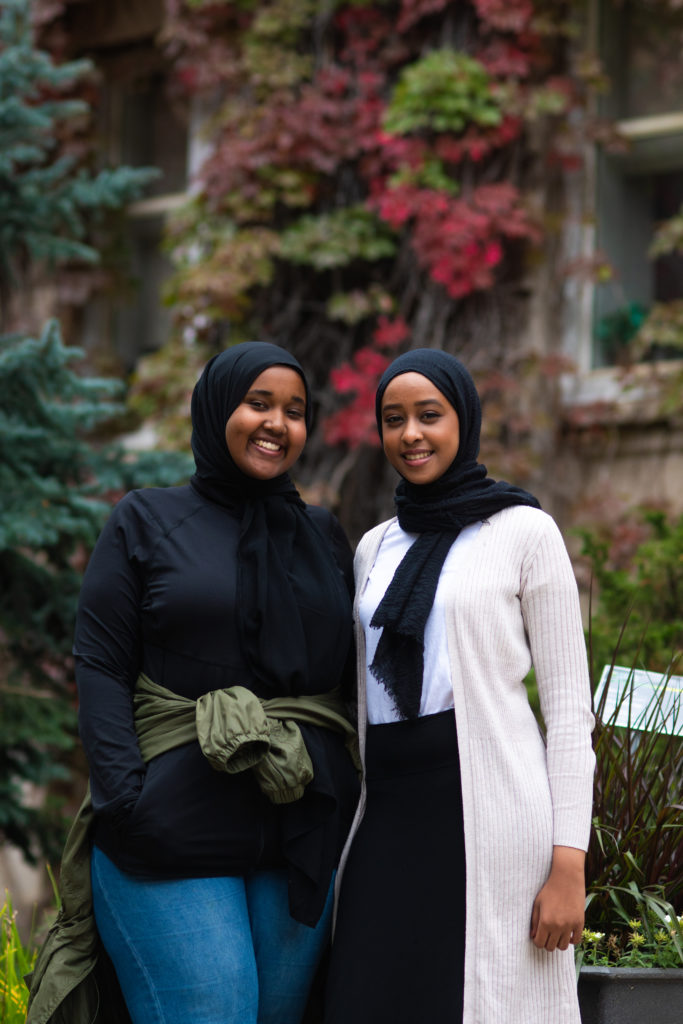Sheeko Sheeko: The University of Alberta’s Somali Students Association
Exploring the Somali community on campus
 Helen Zhang
Helen ZhangWhether it’s a debate night or storytelling, the University of Alberta’s Somali Students Association focuses on creating a space that affirms the identities of all Somali students on campus.
The Somali Students Association (SSA) first began in 2008 but disbanded in 2012 because Somalis made up a small population of students at the time. As the Somali community on campus grew, the group re-established in 2015.
Since re-establishing, Afnan Hashi, fourth-year secondary education student and SSA volunteer director, sees the student group operating as a hub for Somali students to continuously meet new members of the community.
“Before, because there was such a small Somali community on campus, a lot of the events they had were very little and everyone already knew each other,” Hashi said. “Today, it’s somewhere where Somali people come to meet other Somali people because we’ve grown so much since.”

Having a strong Somali community has allowed the group to host larger, more elaborate events such as their annual and most popular event Sheeko Sheeko. Sheeko translates to storytelling, and in Somali culture, an elder will say ‘Sheeko Sheeko’ to signal the beginning of a story.
“It means ‘sit still, I have a story to share with you’ and the audience replies with ‘sheeko hariir ah’ which means ‘please tell us a beautiful story filled with wisdom that is as soft as silk’,” Hashi explained.
A modern take on this tradition, the event Sheeko Sheeko is a showcase of both culture and talents.
“We wanted to create an environment to showcase and inspire each other with art, poetry, and story-telling through multiple means,” Hashi said.
Alongside Sheeko Sheeko, the group also hosts multiple debate nights where they discuss topics such as the intersectionality of culture and religion, taboo topics in the Somali and Muslim community, and media representation.
Fatima Yusuf, fifth-year elementary education student and SSA vice-president (finance), believes these discussions are possible because of the environment the SSA creates.
“The SSA is a club where everyone feels comfortable with each other and it’s a safe space, so everyone feels comfortable sharing their ideas,” Yusuf said.”

“If there are issues affecting our community, debating and talking about it brings more awareness to it,” Hashi added.
Both Hashi and Yusuf agree the SSA is a place that affirms not only their Somali heritage but also their lived experiences in Canadian society. Recalling a time she was mistaken as a janitor during her practicum because “she didn’t fit the demographic” of school staff, an SSA black history month panel of black professionals later that night reminded Yusuf she wasn’t alone.
“I got to see how far people have gone, they went through the same things I went through that day but were still able to live their best life,” Yusuf said. “After a hard day, you can come to the SSA and feel like ‘I’m seen here, I’m validated here.’”
“It’s a sense of inclusion in the large university community,” Hashi added. “It’s a really important place for people to find a space where they feel comfortable, all their identities are being seen and they’re not picking one or the other. They’re not just in a Muslim environment, they’re not just in a Somali environment, they’re in everything — a Somali Canadian.”




